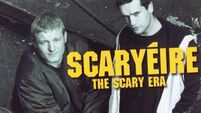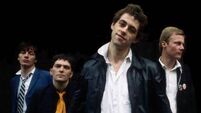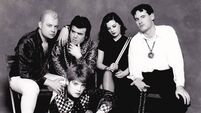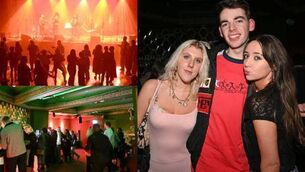Ireland In 50 Albums, No 32: Kissing the Roof of Heaven, by Hinterland (1990)
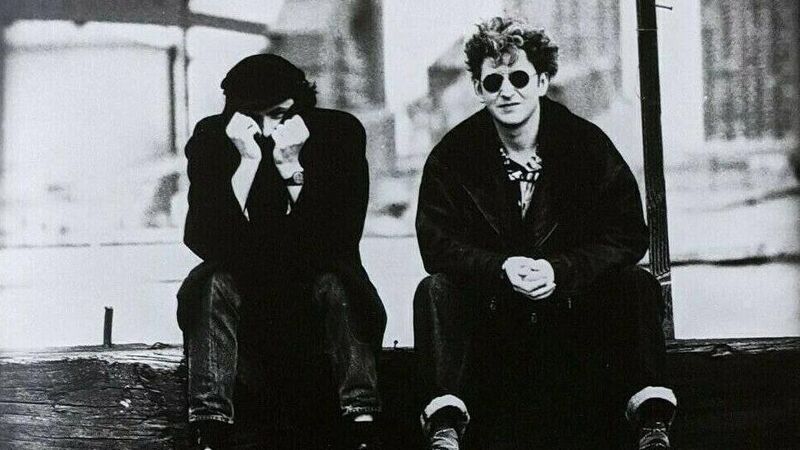
Donal Coughlan and Gerry Leonard of Hinterland.
Gerry Leonard, the Irish guitarist best known for his work with David Bowie, lights up when he starts talking about Hinterland, the band he formed in the late 1980s with his old friend Donal Coughlan.
“It’s always welcome with me to talk about Hinterland. It’s a chapter that’s kind of on a dusty shelf now. But it was an interesting chapter,” says Leonard.

